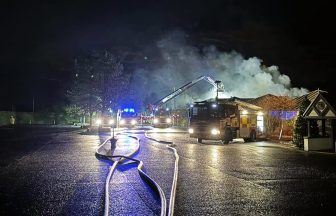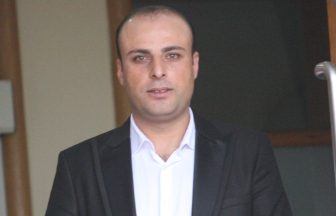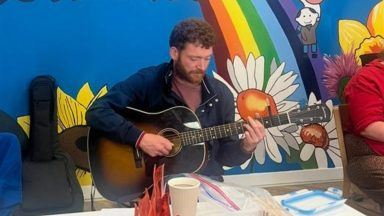A health board has been ordered to apologise to a family after they refused to fund travel for parents to visit their child who was under compulsory treatment.
The Scottish Public Services Ombudsman (SPSO) has instructed the NHS board to apologise after one of the parents, referred to as C to protect their anonymity, logged a complaint.
C complained about the board’s decision not to fund the travel and accommodation costs they and their spouse had incurred while travelling to visit their child, referred to as A, who was receiving treatment under a compulsory treatment order (CTO) in a different part of the country.
C told the SPSO that the board’s decision had failed to take into account the provisions of section 278 of the Mental Health (Care and Treatment) (Scotland) Act 2003, which they said placed a duty on the board to continue funding travel costs until A turned 18.
C also complained about the board’s failure to respond to correspondence in relation to this issue.
The board responded to the complaint that A was an adult once they turned 16 and that their patient travel policy did not allow for the funding of visits to adult patients.
However, they stated that they would have considered funding C’s visits to A had it been deemed critical by the consultant in charge of A’s care but that no request for C’s attendance had been made by clinicians.
The watchdog upheld C’s complaint, and ordered the board to apologise to them.
After investigating the complaint they found that the board’s patient travel policy did not allow for visits to patients over the age of 16 years to be funded by the board.
However, the watchdog said they discovered that the board had failed to demonstrate that they had meaningfully considered the provisions of section 278 of the 2003 Act and had not adequately explained why they considered it did not apply to C and A’s circumstances.
In addition to this they found that the board had unreasonably failed to respond to C and their spouse’s correspondence.
Follow STV News on WhatsApp
Scan the QR code on your mobile device for all the latest news from around the country


 iStock
iStock

























